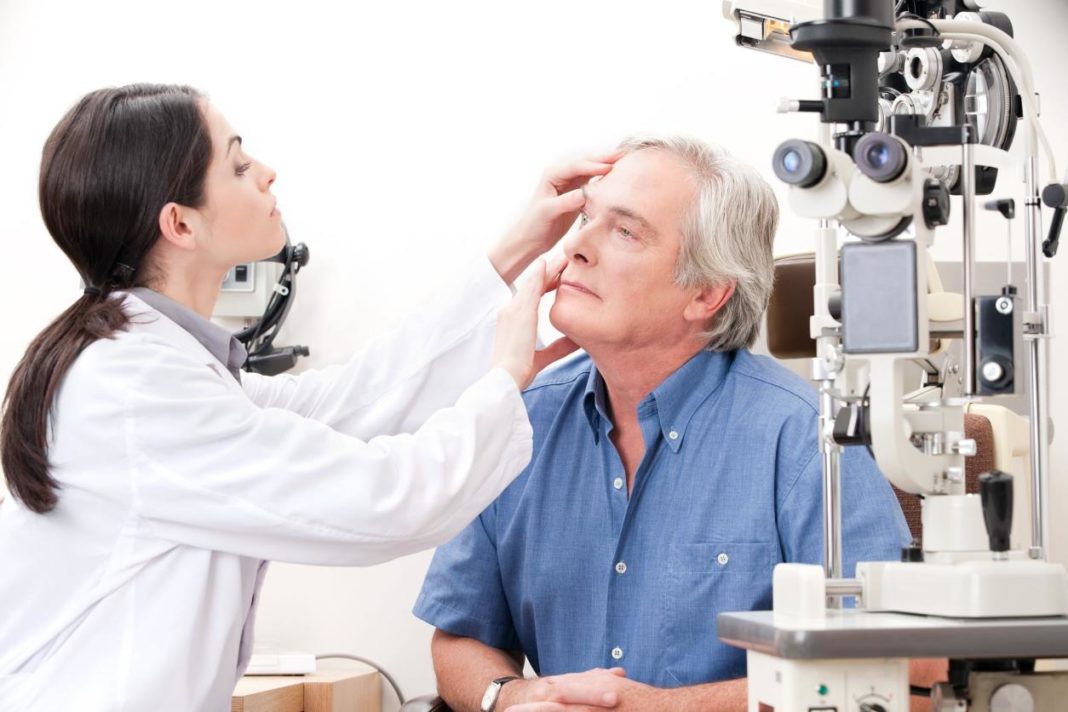ROAD SAFETY organisation GEM Motoring Assist is reminding drivers and riders of all ages to make an appointment for an eyesight test this year. This, according to GEM, would make a significant contribution to reducing collisions and injuries on the UK’s roads.
The organisation is once again warning that our driver eyesight regulatory system is no longer fit for purpose and needs to be updated urgently.
GEM road safety officer Neil Worth comments: “What better time than the year 2020 to get your vision checked properly and ensure the risks you face as a driver or rider are as low as possible?
“You should only drive when you’re sure you can see properly. After all, poor eyesight is linked to more than 3,000 fatal and serious injury collisions every year. We continue to be concerned that there are too many people driving whose eyesight has deteriorated to a dangerous level. This puts their own safety at risk, as well as the safety of others sharing the same road space.
“A detailed professional eye examination will mean any problems can be identified and – in the vast majority of cases – corrected, meaning the risks are reduced considerably.
“So many people are staying behind the wheel into their eighties and beyond. This, coupled with the greater volume of traffic and an increase in distractions, both inside and outside the vehicle, points to the clear need for more regular and detailed eyesight testing.”
The eyesight test was introduced to the driving test in 1937 and has only been amended in minor ways over the years to reflect changing number plate sizes. It is the only eyesight test drivers are required to undertake until they reach the age of 70.
According to GEM, the test is crude and outdated, as it only measures visual acuity (sharpness). It could also quite easily examine a driver’s field of view, as is done in many US states, to check whether motorists can see and react to what’s happening around them.
Neil Worth adds: “So this year we are encouraging drivers to ensure their eyesight goes beyond 20/20. After all, 20/20 is only an expression of normal visual acuity, but the requirements for safe driving go beyond clarity of central vision.
“Asking someone to read a number plate at 20.5 metres (67 feet) cannot on its own be a measure of their fitness to continue driving. A proper eye test will also measure peripheral awareness, eye coordination, depth perception, ability to focus and colour vision.”
GEM believes all drivers should have an eye test every two years, just to ensure there are no safety concerns about their vision and to deal with any issues at an early stage.
The organisation is also calling for every new driver to produce evidence of a recent eye test when first applying for a licence, and to obtain a mandatory vision test every 10 years in line with licence renewal.





